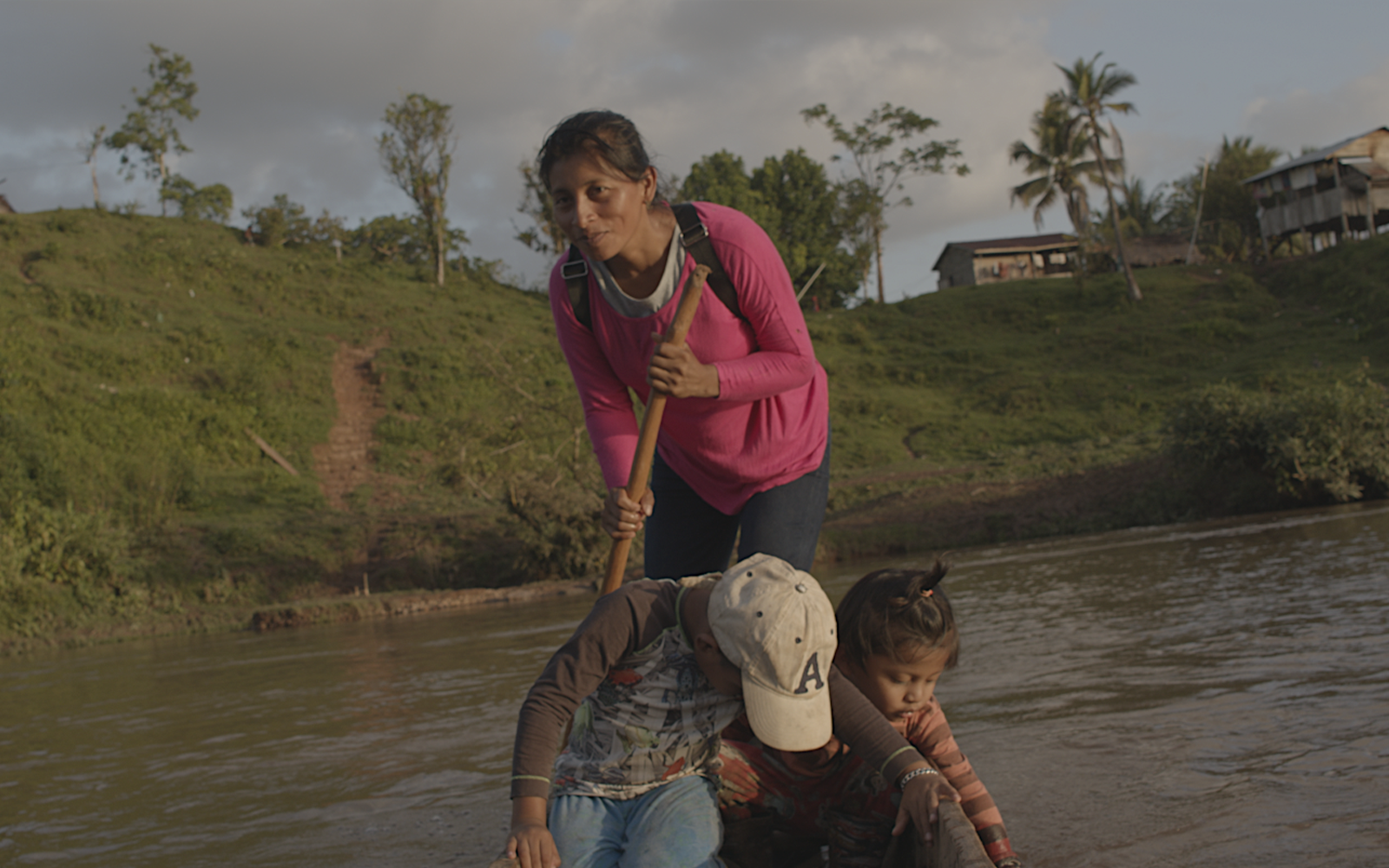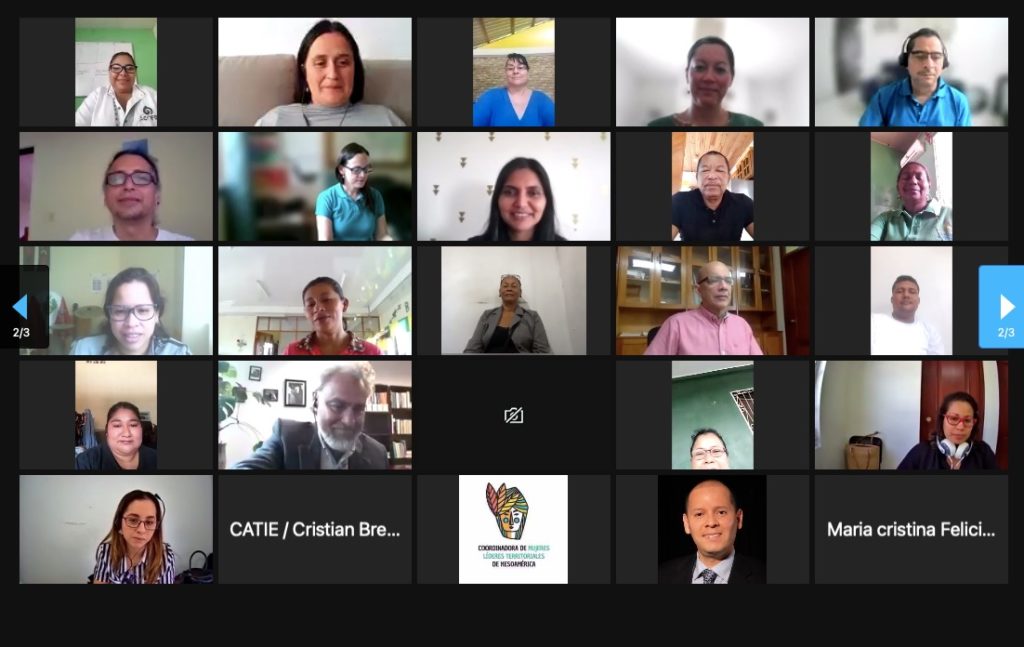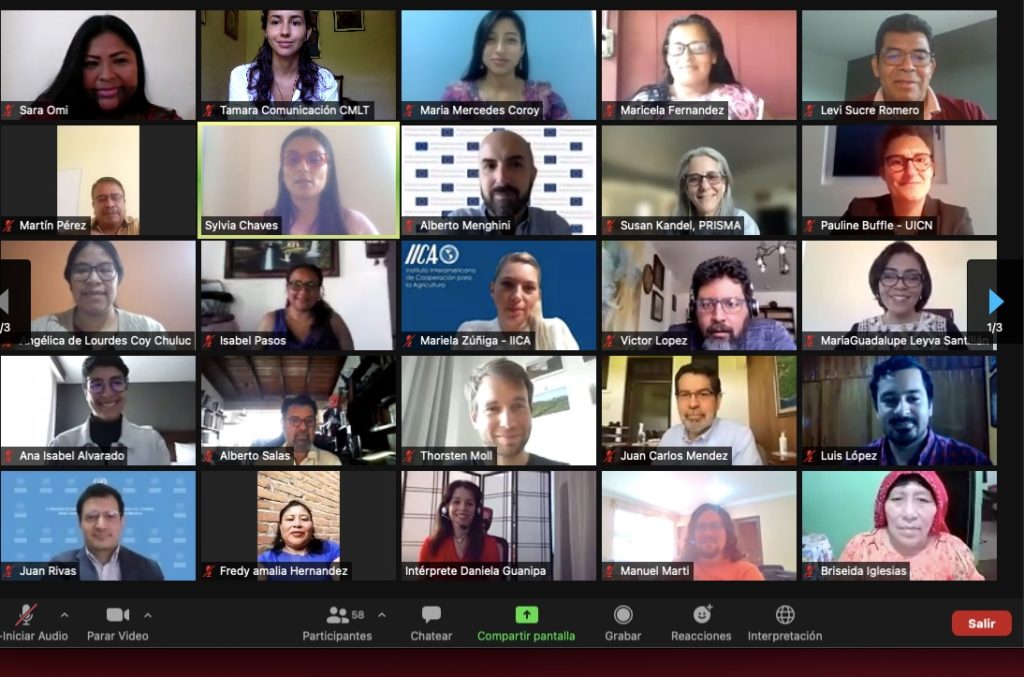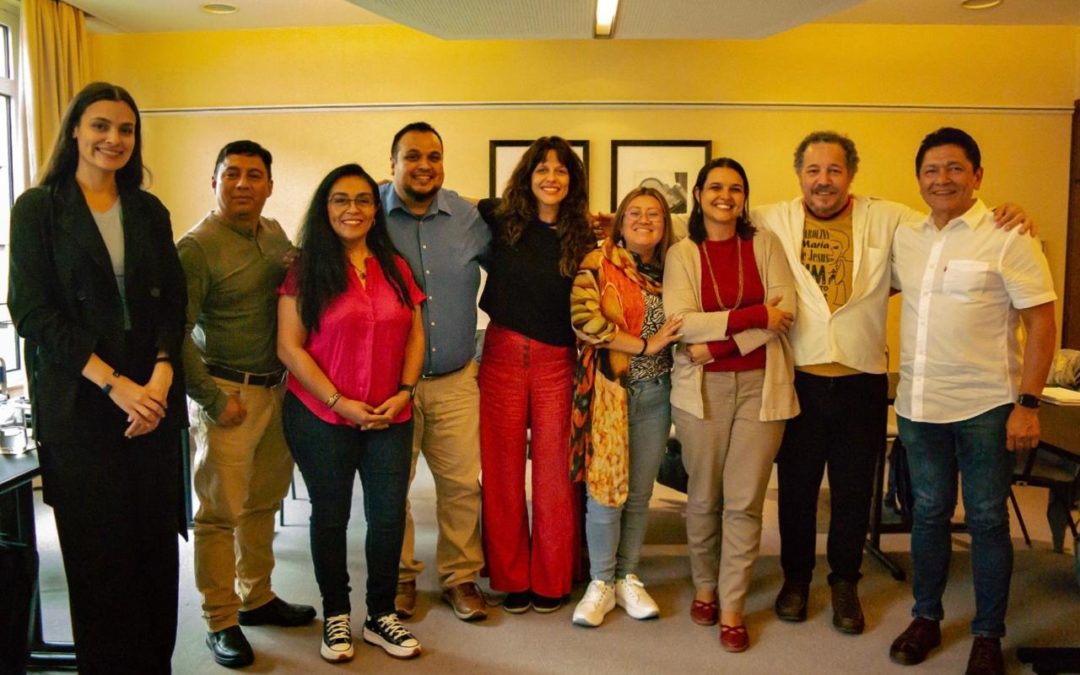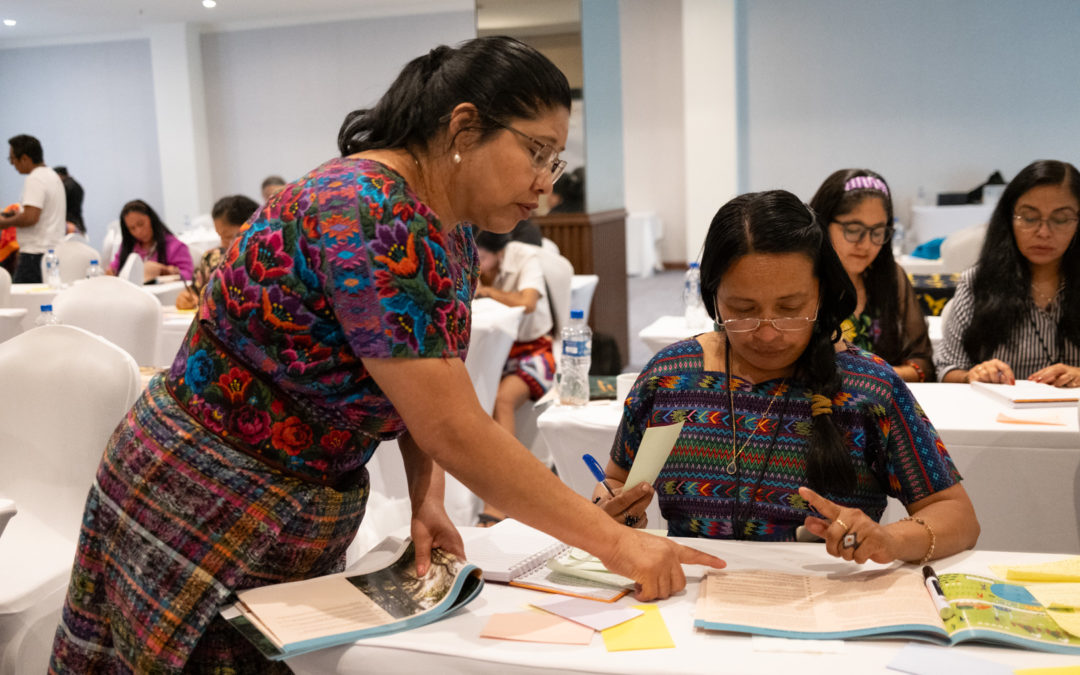- Indigenous women, guardians of ancestral knowledge, have a critical role to play in the global battle against climate change.
- There must be direct funding for indigenous peoples and forest communities to compensate for the environmental services they provide to the planet by caring for the forests.
- Governments need to reformulate their relationships with indigenous peoples based on equity and recognition of their ancestral knowledge.
These were some of the conclusions originated in the International Workshop “Losses and damages due to the impact of hurricanes and other extreme events on the livelihoods of indigenous peoples and local communities.” (Linked to the Paris Agreement and the Warsaw Mechanism). This workshop was organized by the Coordinator of Territorial Women Leaders of Mesoamerica (CMLT) of the Mesoamerican Alliance of Peoples and Forests this September 21 to provide a dialogue between relevant actors in the region to address the impact of climate change on indigenous and forest communities from equity.
Losses and damages
Globally, 1.7 billion people have been affected by extreme events, and in 2020 alone, 30 million people have been moved by environmentally-related events such as floods, hurricanes, droughts, and sea-level rise.
Ritu Bahardwaj, Research Fellow at the International Institute for Environment and Development (IIED), commented that natural disasters affecting the region are of unprecedented frequency and magnitude and, lacking similar experiences, communities cannot be fully prepared to deal with them, especially, without resources. “When multiple disasters happen, one after another, communities can no longer cope. For example, if they were prepared for the hurricane to happen once a year, and this time it happens two or three times, communities are faced with unknown and extremely difficult situations. Even in a positive scenario in terms of mitigation, climate change is already happening: there is loss and damage. Communities are already being displaced. We have to create new strategies.”
According to this, Nancy Cambell, First Vice President of Costa Rica, recommended that the following actions be taken:
Governments and the international community must generate differentiated strategies – according to the particularities of each territory – to reduce losses and damages directly related to climate change impacts. So far, the slow response and the lack of financing leave communities in a situation of exclusion and vulnerability”.
Territorial women on the front line in the face of losses and damages
Arelia Molina, a Miskita indigenous woman from the Layasiksa community, and Fátima Hernández, a Mayangna indigenous woman from the Musawas community, both producers who preserve their ancestral practices of planting for their families consumption and whose livelihoods were directly affected by hurricanes Eta and Iota, gave their testimonies about how their communities organized themselves when they knew that a hurricane was coming. Both experiences coincide with the significant work of community organization and self-management to create evacuation routes and build shelters to preserve human lives.
Both stories are examples of the historically unrecognized leadership of women in ensuring the protection and subsistence of their communities.
When a hurricane or other extreme event ravages crops, women play a fundamental role, both in the preparation before (harvesting and preserving food, preserving seeds and medicinal plants), during (ensuring food, healing the wounded and sick) and after the disaster, since in many families they are responsible for the reactivation of productive systems.
The Vice President of Costa Rica also emphasized that extreme events doubled the burden of women in the fields and the home. At the same time, many women are exposed to other forms of violence after the disaster, because their communities are isolated in chaotic situations of hunger, thirst, disease, and desperation, subsisting in shelters without the most basic conditions.
Equity and recognition of ancestral knowledge
Pauline Buffle of the International Union for Conservation of Nature (IUCN), said that it was well demonstrated that supporting family farming led by women is an effective measure to improve food security and also to provide more local economic alternatives and avoid the migration of young people to urban centers.
“There are already solutions and indigenous peoples are implementing them. Indigenous women have a key role to play and the international community, governments, and local authorities, the ONGs, everyone has to provide them, indigenous women and women from forest communities, with direct support to be able to face this environmental crisis,” said Pauline.
“If Central America is home to 7% of the biodiversity in this small territory, it is because the indigenous peoples are in the front line, to ensure that this biodiversity remains intact,” commented Alberto Manghini, European Union, emphasizing that the international community has not given attention or recognition to the indigenous peoples who defend the last tropical forests in the world.
He also suggested continuing to create dialogues at different levels of advocacy, so that the international community and representatives of indigenous peoples can share visions and experiences to develop solutions for the future.
Documentary “Reborn”
Almost a year after the impact of hurricanes Eta and Iota, women producers from the Miskito and Mayangna communities of Nicaragua tell us in this documentary, how their communities withstood the hurricane and the strategies they have been developing to gradually recover their crops.
Watch it in full here:
